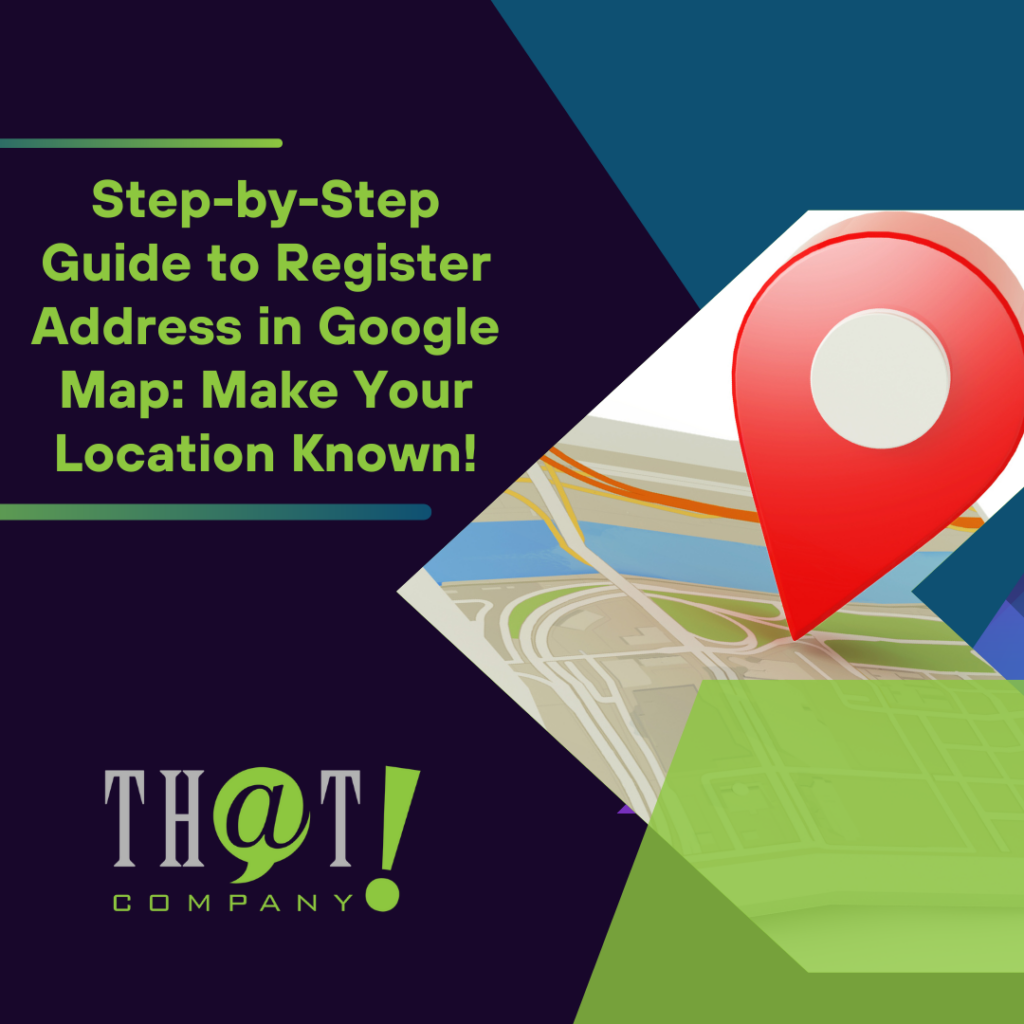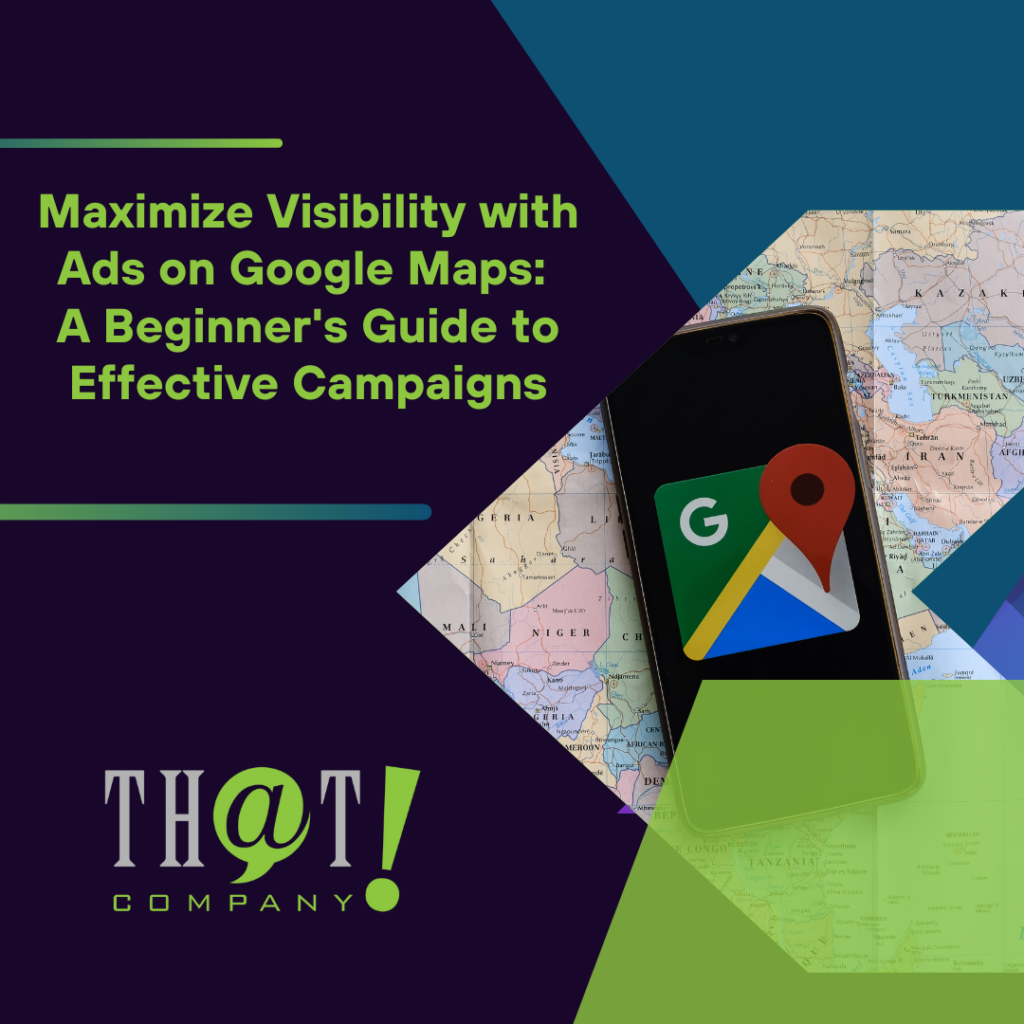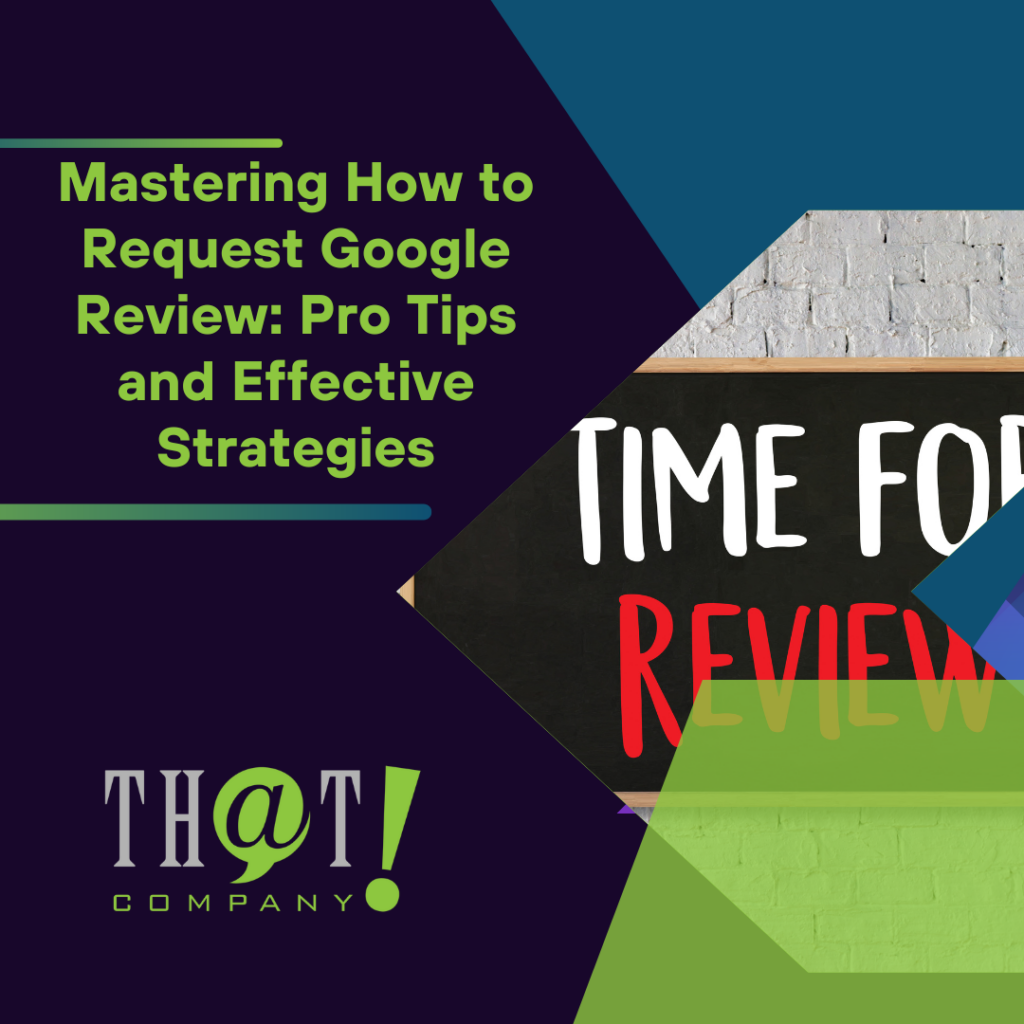
Imagine starting your own successful SEO business, generating a significant income while helping businesses thrive online. Sounds like a dream come true, right? Well, it’s not just a dream. In this blog post, we’ll guide you through the steps on how to start an SEO business, transforming that dream into reality. Get ready to explore the exciting world of SEO, learn essential skills and strategies, and build a flourishing business that sets you apart from the competition.
Short Summary
Understanding the SEO industry and its immense potential for growth is key to setting up a successful business.
Develop core skills such as keyword research, on-page optimization, and link building to stand out from competitors.
Utilize inbound/outbound marketing strategies, referrals & testimonials along with client retention tactics for cost effective growth.

Understanding the SEO Industry
Embarking on the journey to start an SEO business requires a solid understanding of the SEO industry. As an SEO company, you’ll be offering services to enhance businesses’ search engine rankings and generate organic traffic. SEO is essential for businesses to enhance their online presence and attract more customers by improving their visibility on search engines like Google, Bing, and Yahoo.
The potential for growth in the SEO industry is immense. In our experience, we witnessed a growth of $20,000 per month within six months, showcasing the potential for acquiring a significant number of SEO clients and generating revenue. To establish a successful SEO business, you’ll need to develop your SEO, digital marketing, and business acumen, as well as access recommended resources to expand your SEO knowledge.
Acquiring clients for your SEO business can be done through various strategies, such as inbound marketing, outbound marketing, referrals, and testimonials. Managing and scaling your SEO business requires effective project management, utilizing white label SEO providers for hiring and outsourcing, and implementing client retention and growth strategies, including the delivery of technical SEO services.
The Importance of SEO
SEO is an efficient method for creating visibility on the web and understanding the steps and strategies involved can help you start an SEO business successfully. Having tangible results to showcase your expertise is essential to instill confidence in prospective clients and establish a successful SEO consulting business.
The primary advantages of investing in SEO are:
Generating increased revenue
Improving brand visibility and recognition
Increasing website traffic and conversions
Building trust and credibility with customers
Gaining a competitive edge in the market
However, it is important to note that organizations expecting rapid results may not be interested in executing SEO strategies in the long run.
Offering itemized deliverables in each tiered pricing section can provide the opportunity for negotiation by eliminating superfluous deliverables. The recommended pricing strategy for SEO services includes offering three pricing tiers, as well as a super-premium option as a price anchor. Maintaining a balance between quality and pricing is essential to draw in quality customers and provide superior SEO services at reasonable prices without compromising quality.
It is advised that the price for each package be kept affordable, rather than being too low or too high, to attract quality customers. Affordable SEO packages are essential in driving quality customers.
Growth Potential
The SEO industry presents a promising future, with a steadily increasing demand for SEO services and growth potential for SEO businesses. Focusing on longer-tail keywords necessitates fewer links, content, perseverance, and funds, making it easier to rank and acquire certified leads.
Having a portfolio is essential to demonstrate one’s capability and provide tangible evidence of the outcomes of their work. Furthermore, a team is indispensable for a successful SEO business. Developing your agency’s brand is essential to distinguish yourself from other SEO companies.

Developing Your SEO Skills
The combination of expertise and tactics that ultimately offer value to businesses and their intended audiences is what we call SEO skills. Focusing is critical when commencing an SEO business. Exhibiting SEO skills is advantageous for constructing an SEO portfolio and exhibiting proficiency in a target market. Developing the groundwork for a search engine optimization business strategy is an effective way to build expertise in this area. Constructing a website is essential for an SEO business, as it acts as a testing platform for SEO proficiency. Specializing and offering services in one area can help your business stand out from competitors.
Acquiring practical experience in SEO can be achieved by developing a website or locating a reliable agency and gaining knowledge through practical application. Demonstrating the ability to execute SEO prior to taking on customers is crucial. Focusing on the 20% of effort that drives 80% of results (the Pareto principle) can help businesses prioritize tasks more effectively and avoid activities that require too much effort with minimal impact.
Establishing processes helps to reduce reliance on individual talent and provides a set of steps for the team to follow without requiring additional guidance. A T-shaped marketer is someone who has expertise and provides services in a particular field.
Core SEO Skills
To establish an SEO business, mastering core SEO skills such as keyword research, on-page optimization, and link building is essential. It is recommended to begin by targeting longer-tail keywords and establishing dominance in those areas.
Services typically associated with SEO include keyword research, on-page optimization, link building, and content marketing.
Learning Resources
To master SEO skills, it is crucial to utilize recommended learning resources, such as online courses, blogs, and industry events. Small businesses can benefit from both free and paid SEO tools for keyword research, link-building prospecting, and competitor analysis.
Using a White label SEO provider like That! Company can provide a shortcut for a startup SEO business, as well as potential for future growth.

Creating a Business Plan
Creating a business plan for your SEO business involves defining your niche, identifying your target audience, and determining your service offerings. Reducing competition and increasing attractiveness to prospective customers are the primary advantages of selecting a specialized area of focus for your SEO business. Selecting a niche can help reduce competition and make the business more attractive to potential clients.
Structuring pricing into a tiered system, such as a “bronze,” “silver” and “gold” package, can be a viable option for pricing your SEO services. The degree of rivalry in the sector and the proficiency of the agency to provide the service should be taken into account when setting the cost of SEO services.
Defining Your Niche
Defining a niche for your SEO business is essential to differentiate from competitors and focus on specific industries. Segmenting the SEO industry by specific industries and locations are the two primary methods for identifying a niche. Targeting a niche audience enables an SEO business to establish itself as an authoritative presence within the niche, facilitating the resolution of typical SEO problems encountered by customers and satisfying their particular requirements without extensive research and calculations.
TAM (Total Addressable Market) is a useful tool to evaluate if the market segment is sufficiently extensive to target.
Identifying Your Target Audience
When determining your target audience, it is important to consider factors such as industry, business size, and location. Buyer personas are essential for effectively positioning an SEO marketing business and creating content that can nurture and convert prospects.
The components of identifying buyer personas are demographics and psychographics. Identifying target buyer personas allows agencies to understand which types of customers they want to attract. From there, it is much easier to convert them into paying customers.
Service Offerings
An SEO business can provide a variety of services to assist with enhancing a website’s search engine rankings and visibility. Services such as on-page optimization, link building, and content marketing should be offered by an SEO business. The primary focus when beginning an SEO business should be on a single solution, such as SEO, and then expanding to sell SEO services to clients.
Outlining a scope of work clearly delineates the service offering for the prospect. An example of a scope of work for an SEO campaign would be to carry out an extensive SEO campaign to enhance traffic and customer volume through organic search.

Establishing Your Online Presence
Establishing an online presence is essential for demonstrating your SEO capabilities and drawing in customers. As an SEO business, you’ll need to create a website, build a social media presence, and utilize content marketing to attract potential clients.
An SEO business should include extensive content related to SEO across individual webpages and in the form of blog posts, videos, and other types of content. Optimizing an SEO business website for SEO is essential to ensure that prospects remain on the website, as missing page titles, an unfavorable URL structure, or content that does not adhere to best practices can lead to visitors leaving the website.
Website Development
A well-designed and optimized website is beneficial for an SEO business, as it can demonstrate their abilities and draw in potential clients. When constructing a website architecture for an SEO business, it is important to consider the basics, such as an about page, blog section, and contact page. Additionally, it is beneficial to consider information hierarchy, utilize heading hierarchy, prioritize URLs in the navigation bar, and adhere to the 3-click maximum rule.
Establishing and verifying a Google My Business listing is crucial to increase visibility in local search results for the agency.
Social Media Presence
Creating a robust social media presence is essential for an SEO business to interact with potential customers and display their proficiency. Establishing a social media presence involves creating accounts on the major social media platforms, such as:
Facebook
Twitter
Instagram
LinkedIn
After setting up the accounts, it is important to post regularly and interact with followers.
Content Marketing
Content marketing is a strategic marketing approach focused on:
creating and distributing valuable, relevant, and consistent content
attracting and retaining a clearly-defined audience
driving profitable customer action
building trust and brand awareness.
Content marketing presents an opportunity for an SEO business to showcase their expertise and drive organic traffic to their website. Deploying content that is relevant to the target audience in an opportune manner is an effective content marketing strategy for an SEO business.

Acquiring Clients for Your SEO Business
Inbound marketing, outbound marketing, and referrals are effective methods of obtaining clients for an SEO business. Familiarizing oneself with prospective clients prior to outreach is an effective approach. The initial sales pitch should emphasize:
Addressing the client’s inquiries
Presenting a response as a solution to their queries
Emphasizing the correct implementation of White Hat SEO techniques to increase traffic and sales.
A lead magnet, such as a complimentary SEO audit, can be a great way to offer something of value in exchange for contact details.

Inbound Marketing
Inbound marketing is a digital marketing strategy that focuses on creating content and experiences that resonate with target audiences, thereby attracting customers to the business. Effective inbound marketing strategies for acquiring clients for an SEO business include SEO, content marketing, and social media.
In addition to content creation, other inbound marketing strategies may include SEO, social media, and email marketing.

Outbound Marketing
Outbound marketing tactics, such as cold calling, email marketing, and paid advertising, are effective in actively reaching out to potential clients. A lead generation tool can facilitate the process of locating prospects for an SEO business’s target audience more efficiently.
Scaling in cold calling/emailing as a client acquisition strategy is critical, as it is a numbers game. Knowing that for every 1,000 emails there is a potential revenue of between $15k-$30k makes it possible to scale the strategy. With this knowledge, an individual can focus on increasing the number of emails sent out.

Referrals and Testimonials
Referrals and testimonials are essential for an SEO business in constructing trustworthiness and drawing in new customers. Video testimonials are more reliable and carry more weight than text-based testimonials. An SEO business can acquire referrals and testimonials by requesting reviews and referrals from current clients, as well as offering incentives for referrals.
An SEO business can leverage referrals and testimonials to attract new clients by displaying them prominently on their website, in their promotional materials, and on social media platforms.

Managing and Scaling Your SEO Business
The primary objective of every startup SEO agency is to achieve a high revenue figure. Capacity is the most significant impediment to the growth of an SEO business. An in-house team, white labeling or outsourcing are the two options for establishing expertise in an SEO business, and collaborating with other seo agencies can also be considered.
Client retention is more cost-effective than client acquisition and more beneficial, as it will result in a consistent revenue stream and a higher likelihood of obtaining additional referrals.
Project Management
Project management in SEO involves the planning and execution of strategies, including the research, evaluation, and implementation of a consistent, scalable process to ensure successful completion. Ensuring smooth operations and client satisfaction are effective techniques for managing an SEO business.
Tasks typically included in the planning phase of project management in SEO include keyword research, competitive analysis, website audit, and content quality evaluation.
Hiring and Outsourcing via White Label SEO Providers
Collaborating with a reputable White Label SEO service provider like That! Company allows you to take on SEO projects from clients regularly without the worry of not meeting deadlines. It also allows you to provide comprehensive SEO solutions to clients without having to go through the difficulties of hiring in-house SEO experts.
Outsourcing SEO work can be accomplished through:
Freelancers
Specialized SEO providers
Full-time staff
Part-time staff
External contractors
These are the three main avenues for personnel acquisition in a digital marketing agency.
Client Retention and Growth Strategies
Client retention and growth strategies are paramount for any SEO business, as they assist in guaranteeing that clients are satisfied with the services they receive and that the business can flourish. The primary aspects to consider for maintaining client retention in an SEO agency are communication, reporting, and providing consistent results.
SEO reports should feature comprehensive visuals and succinct explanations to simplify complex SEO data and clarify the implications of the data for the campaign.
Summary
In conclusion, starting a successful SEO business is an exciting and rewarding endeavor. By understanding the SEO industry, developing core skills, creating a business plan, establishing an online presence, acquiring clients, and managing and scaling your business effectively, you can achieve the dream of running a thriving SEO agency. With the right strategies, resources, and determination, you’ll be well on your way to making a significant impact on businesses and their online success.

Frequently Asked Questions
Is SEO business profitable?
SEO can be a reliable and profitable revenue source, as businesses need help to research the latest search engine changes and increase website traffic. The services of an SEO freelancer typically cost $75-100/hour, and a consultant charges $100-150/hour.
Therefore, selling SEO can provide sustainable income.
How much do SEO companies make?
SEO professionals and agencies typically charge clients anywhere between $400-$5,000 per month, depending on the scale of the project.
Freelancers bill an average of $119 an hour while agencies earn $1,779 each month per client.
How do I start SEO for my website?
To start SEO for a website, begin by doing keyword research and including relevant terms throughout the page. Hyperlink existing content, write high-quality content, optimize images, and ensure page speed.
Additionally, don’t forget to account for a mobile version.
What are the core skills needed to start an SEO business?
To start an SEO business, one must possess the core skills of keyword research, on-page optimization, and link building.
These skills are essential for any SEO business to succeed. Keyword research involves finding the right keywords to target for a website. On-page optimization involves optimizing the content and structure of a website to make it more appealing.
How can an SEO business acquire new clients?
SEO businesses can acquire new clients by using inbound and outbound marketing strategies, as well as referrals.
Inbound marketing strategies involve creating content that attracts potential customers to your website. This content can include blog posts, videos, and social media posts. Outbound marketing strategies involve reaching out to potential customers.
























